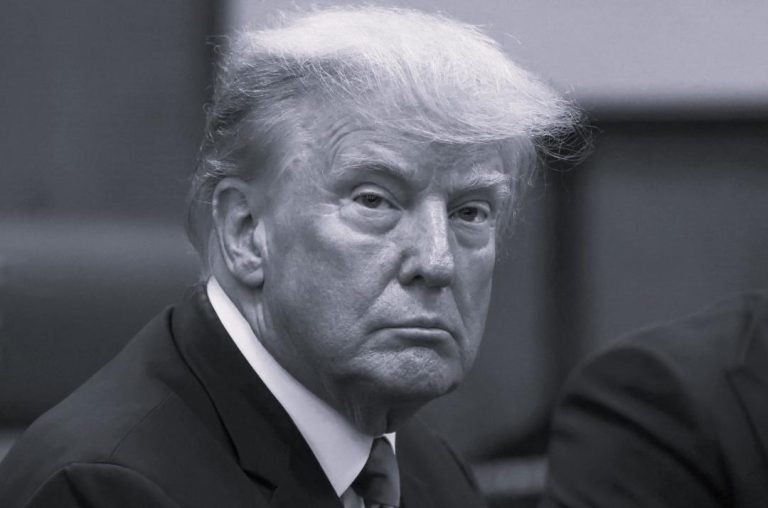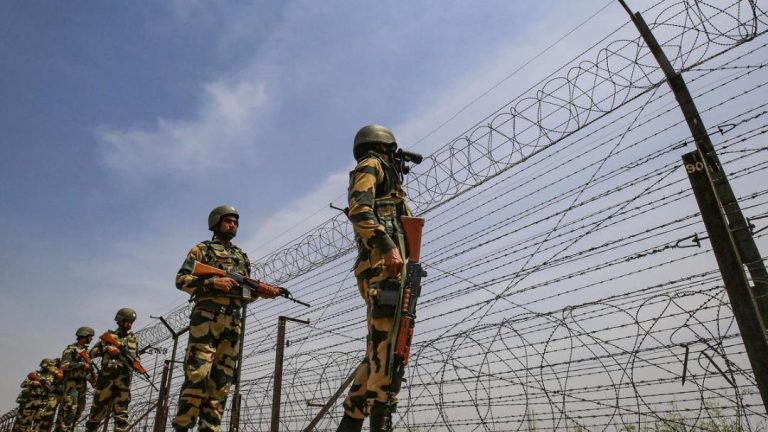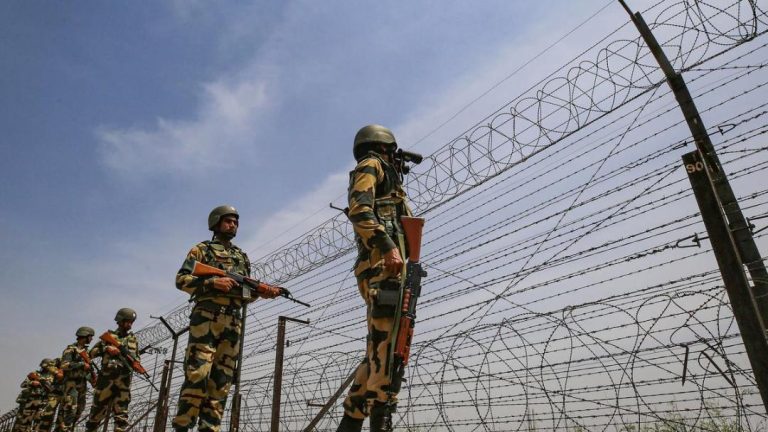
US Names India, China as Sources of Equipment for Drug Traffickers
The United States has identified India and China as sources of precursors and equipment for drug traffickers, according to its 2025 Annual Threat Assessment report. This revelation comes as a significant concern for the global fight against drug trafficking, particularly in the face of the ongoing opioid crisis in the US.
The report highlights that fentanyl and other synthetic opioids remain the deadliest drugs trafficked into the US. Mexico-based transnational criminal organizations continue to be the dominant producers and suppliers of illicit drugs for the US market. However, the involvement of Indian and Chinese entities in providing equipment and precursors for drug production has raised alarm bells.
Fentanyl, a synthetic opioid, has been responsible for thousands of overdose deaths in the US in recent years. Its potency and accessibility have made it a highly sought-after drug, particularly in the illegal drug market. The report suggests that the increasing availability of fentanyl and other synthetic opioids is a major concern for law enforcement agencies and public health officials.
The involvement of India and China in the global drug trade is not new. Both countries have been known to produce and export illegal drugs, including opioids, for several years. However, the US report’s explicit naming of India and China as sources of equipment for drug traffickers is a significant development.
India has been identified as a major producer of illegal drugs, including heroin and methamphetamine. The country’s lax law enforcement and porous borders have made it an attractive route for drug traffickers. China, on the other hand, has been a major producer of fentanyl and other synthetic opioids, which are then smuggled into the US.
The report’s findings are significant in light of the ongoing trade tensions between the US and India. The Trump administration had imposed tariffs on Indian imports in 2019, citing concerns over intellectual property rights and trade practices. The naming of India as a source of equipment for drug traffickers may put additional pressure on the Indian government to take action to address the issue.
Similarly, the report’s findings on China are significant in light of the ongoing trade war between the US and China. The US has imposed tariffs on hundreds of billions of dollars’ worth of Chinese imports, citing concerns over intellectual property theft and forced technology transfer. China’s involvement in the global drug trade may be an additional issue that the US raises in its trade negotiations with Beijing.
The report’s emphasis on the role of Mexico-based transnational criminal organizations in producing and supplying illicit drugs for the US market is also significant. These organizations have been responsible for much of the drug-related violence and corruption in Mexico and other parts of Central America. The US government has launched several initiatives to disrupt the operations of these organizations, including increased funding for law enforcement agencies and border security measures.
In conclusion, the US report’s naming of India and China as sources of equipment for drug traffickers is a significant development in the global fight against drug trafficking. The report’s findings highlight the need for increased cooperation between countries to address the issue of illegal drug production and trafficking. The US government’s emphasis on disrupting the operations of Mexico-based transnational criminal organizations is also an important step in reducing the flow of illicit drugs into the US market.
As the global community continues to grapple with the challenges posed by drug trafficking, it is essential that countries work together to address the root causes of the problem. This includes improving law enforcement cooperation, strengthening drug demand reduction programs, and addressing the social and economic factors that contribute to drug addiction.
Source:
https://indianexpress.com/article/india/us-india-china-fentanyl-trump-tariffs-9907730/lite/






